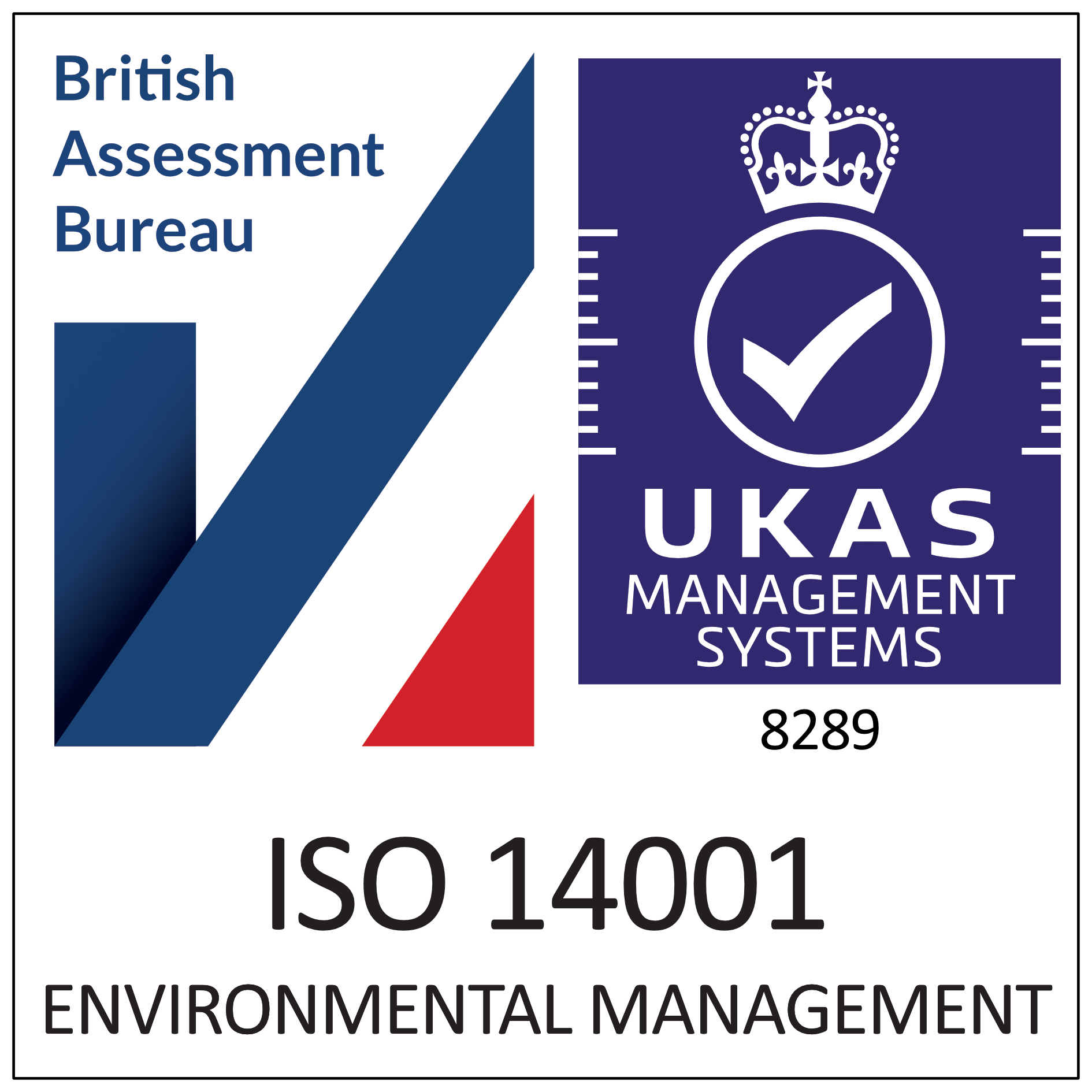

Search our website for news, courses, and general information
Course code: XMZS100P
Subject area: Engineering
Study level: Apprenticeship
Course level: 2
Course time:
09:00 - 17:00
Days of week:
Various
Course date:
1st Aug 2024 - 31st Jul 2025
Course location:
Off SiteThe role covers a wide range of common and job-specific skill sets that can be transferred across the manufacturing engineering industry sectors during apprentices’ future careers. Dependent on the sector that they are employed in, there may be subtle differences in terms of composition and application of the job role specific skills and knowledge they will require, however the core skills and knowledge will be the same regardless of the sector/area they work in.
The role covers a wide range of common and job-specific skill sets that can be transferred across the manufacturing engineering industry sectors during apprentices’ future careers. Dependent on the sector that they are employed in, there may be subtle differences in terms of composition and application of the job role specific skills and knowledge they will require, however the core skills and knowledge will be the same regardless of the sector/area they work in.
Duration:- 13 months practical training period, plus 3 months for End Point Assessment
Delivery model:- Work-based training with your employer- Day release during term time (approximately 2 days a week for 1 year)- Approximately 12 on-site assessment visits per year- Level 1 Functional Skills in Maths and English (7 days at college for each, if required)- Off the job training will count for at least 6 hours a week of an apprentice’s time at work
Qualifications included:- Level 1 Functional Skills in English and Maths- Level 2 Diploma in Engineering Operations (Skills)- Level 2 Diploma in Engineering Operations (Knowledge)- Level 2 Engineering Operative Apprenticeship
End Point Assessment:- Practical assessment - Professional discussion
- Identify and deal appropriately with any risks, hazards, hazardous situations and problems that may occur within the engineering environment within the limits of their responsibility- Demonstrate effective communication skills which include oral, written, electronic- Complete appropriate documentation accurately, efficiently and legibly using the correct terminology where required- Obtain and follow the correct documentation, specifications and work instructions in accordance with time constraints and the roles and responsibilities identified for the engineering activities, extracting the necessary data/information from specification and related documentation- Select and use appropriate tools, equipment and materials to carry out the engineering operation- Deal appropriately with any problems that may occur within the manufacturing environment within the limits of their responsibility
What behaviours will apprentices develop?- Personal responsibility and resilience – Comply with the health and safety guidance and procedures, be disciplined and have a responsible approach to risk, work diligently regardless of how much they are being supervised, accept responsibility for managing time and workload and stay motivated and committed when facing challenges.- Work effectively in teams – Integrate with the team, support other people, consider implications of their own actions on other people and the business whilst working effectively to get the task completed.- Effective communication and interpersonal skills – An open and honest communicator, communicates clearly using appropriate methods, listen well to others and have a positive and respectful attitude.- Focus on quality and problem solving – Follow instr








